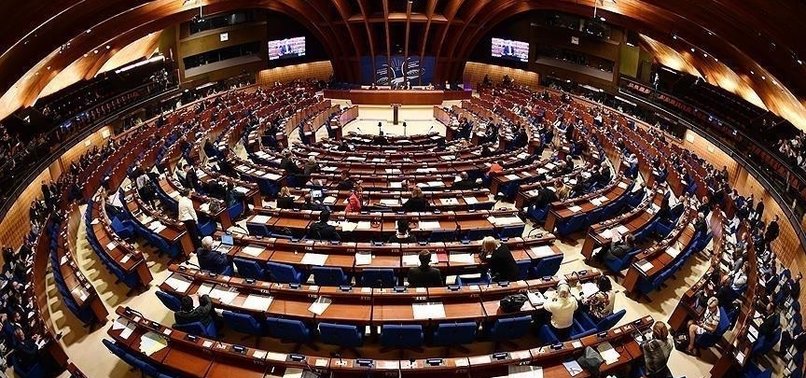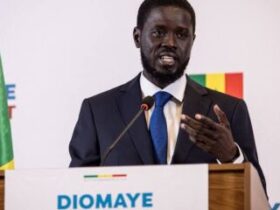Georgia has withdraws from the Parliamentary Assembly of the Council of Europe (PACE) after the body called for the South Caucasus republic to hold new parliamentary elections.
“Starting on Wednesday, we are suspending our work in the Parliamentary Assembly,’’ Deputy Prime Minister Thea Tsulukiani said.
PACE had called on Tbilisi to hold “new genuinely democratic parliamentary elections.’’

A political crisis has beset Georgia since disputed elections in October, in which the ruling Georgian Dream party, which is seen as favourable to Moscow, claimed victory.
PACE had also called for the release of political prisoners and for the Georgian government to reverse course and resume efforts towards integration into the EU.
The resolution passed with a large majority, as 114 of 134 members voted for it.
PACE is the parliamentary arm of the Council of Europe, an organisation of 46 countries that is separate from the European Union.
READ MORE: https://parallelfactsnews.com/efccs-auction-controverersy-shifts-blame/
Among the body’s responsibilities is electing judges to the European Court of Human Rights.
Ms Tsulukiani said that PACE’s conditions for the ratification of the credentials of her government’s delegation to the body were “unacceptable to us because they are unjust and groundless.’’
In particular, the call for new elections “exceeds the competence of this Assembly, violates our country’s sovereignty, and disregards the will and facts of over 1.12 million voters,’’ Ms Tsulukiani said.
The deputy premier said that Georgia’s work within the assembly would be suspended but stressed that the country would remain a member of the Council of Europe.
It would be willing to rejoin PACE if the attitude towards the country changes.
PACE president Theodoros Rousopoulos said Tbilisi’s decision to leave “jeopardises the dialogue that could help to advance democratic standards in Georgia.’’
Street protests against the ruling party that erupted amid the contested parliamentary elections intensified when the prime minister postponed EU accession negotiations until the end of 2028.
There have been violent riots, injuries, and several hundred arrests. The police have been accused of violence and torture.
Follow the Parallel Facts channel on WhatsApp: https://whatsapp.com/channel/0029VaCQSAoHgZWiDjR3Kn2E








Leave a Reply